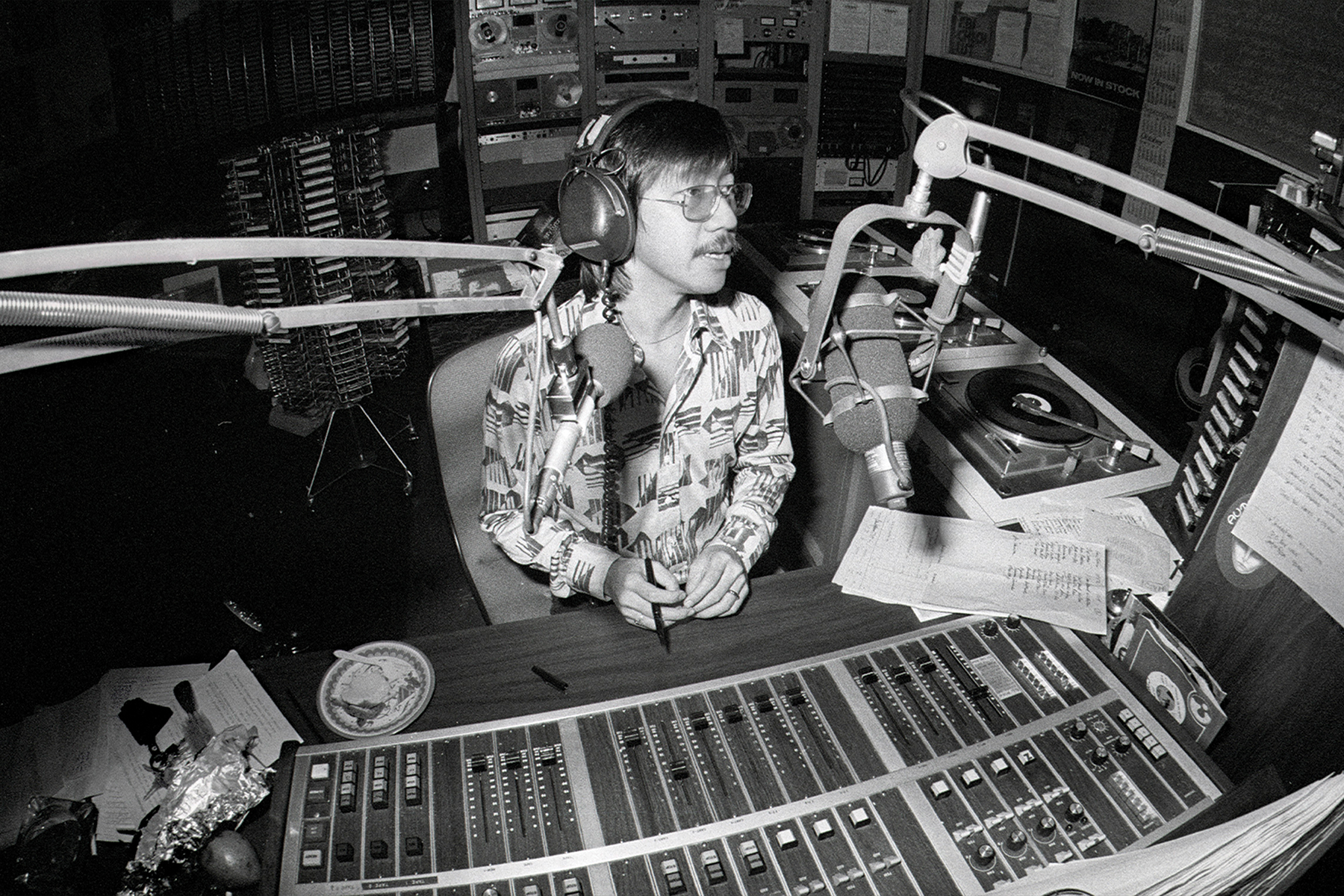when rolling stone was a rickety operation run out of a rent-free San Francisco loft, and the music business was still so low-key you could score an interview with the Doors’ Jim Morrison by bumping into him in a friend’s apartment, Ben Fong-Torres was there. Fong-Torres, one of rolling stone‘s first star writers, finally gets his own spotlight in the excellent new documentary Like a Rolling Stone: The Life & Times of Ben Fong-Torres, now on Netflix.
And in the new episode of Rolling Stone Music Now, he looks back at some of his most groundbreaking articles, from a deeply reported Ike and Tina Turner profile to the time he unsparingly took George Harrison to task for a horrendous solo tour. Oh, and by the way, what did Jim Morrison smell like? “I smelled like teen spirit,” Fong-Torres says.
Tor hear the whole episode, press play above, or listen on Apple Podcasts or Spotify.
Fong-Torres’ own story turns out to be as fascinating as his subjects; the son of Chinese immigrants, he once found himself the only Asian kid in an otherwise all-white school in 1950s Texas after his dad moved there to help start a new restaurant. “It strikes me that probably more than a few times, musicians, especially those of color, in some way connected to me as a kind of a fellow outsider,” Fong-Torres says in our new episode. “I think they saw me as a sort of a fellow marginalized person, doing something extraordinary, just as they were.”
As chronicled in the film, directed by Suzanne Joe Kai, Fong-Torres’ era-defining pieces — and rolling stone‘s ever-growing profile — helped him become a more-than-almost-famous figure in his own right in the Seventies. In the movie, former subjects (Quincy Jones, Elton John, Carlos Santana, Ray Manzarek, Bob Weir, Steve Martin) and colleagues (rolling stone founder Jann Wenner, Cameron Crowe) share tales of Fong-Torres as a dogged reporter, sharp editor, and generally mensch-y dude. (Crowe, of course, immortalized Fong-Torres in his film Almost Famous.)
In the episode, Fong-Torres also talks about getting Ray Charles to talk about his heroin addiction (a subject he always avoided in interviews), following Bob Dylan around on tour 1974 until he agreed to talk, how assembling Q&As in the 70s involved actual , physical cutting and pasting, why he was slow to appreciate punk rock and Bruce Springsteen, and much more. He also explains why the tragic murder of his older brother, Barry Fong-Torres, was a huge factor in his decision not to move from San Francisco to New York with the rest of the rolling stone staff in 1977.
Download and subscribe to our weekly podcast, Rolling Stone Music Now, hosted by Brian Hiatt, on Apple Podcasts or Spotify (or wherever you get your podcasts), and check out three years’ worth of episodes in the archive, including in-depth, career-spanning interviews with Bruce Springsteen, Halsey, Neil Young, Snoop Dogg, Brandi Carlile, Phoebe Bridgers, Rick Ross, Alicia Keys, the National, Ice Cube, Robert Plant, Dua Lipa, Questlove, Killer Mike, Julian Casablancas, Sheryl Crow, Johnny Marr, Scott Weiland, Liam Gallagher, Alice Cooper, Fleetwood Mac, Elvis Costello, John Legend, Donald Fagen, Phil Collins, Justin Townes Earle, Stephen Malkmus, Sebastian Bach, Tom Petty, Eddie Van Halen, Kelly Clarkson, Pete Townshend, Bob Seger, the Zombies, Gary Clark Jr., and many others — plus dozens of episodes featuring genre- spanning discussions, debates, and explainers with rolling stone‘s critics and reporters. Tune in every Friday at 1 pm ET to hear Rolling Stone Music Now broadcast on SiriusXM’s Volume, channel 106.
